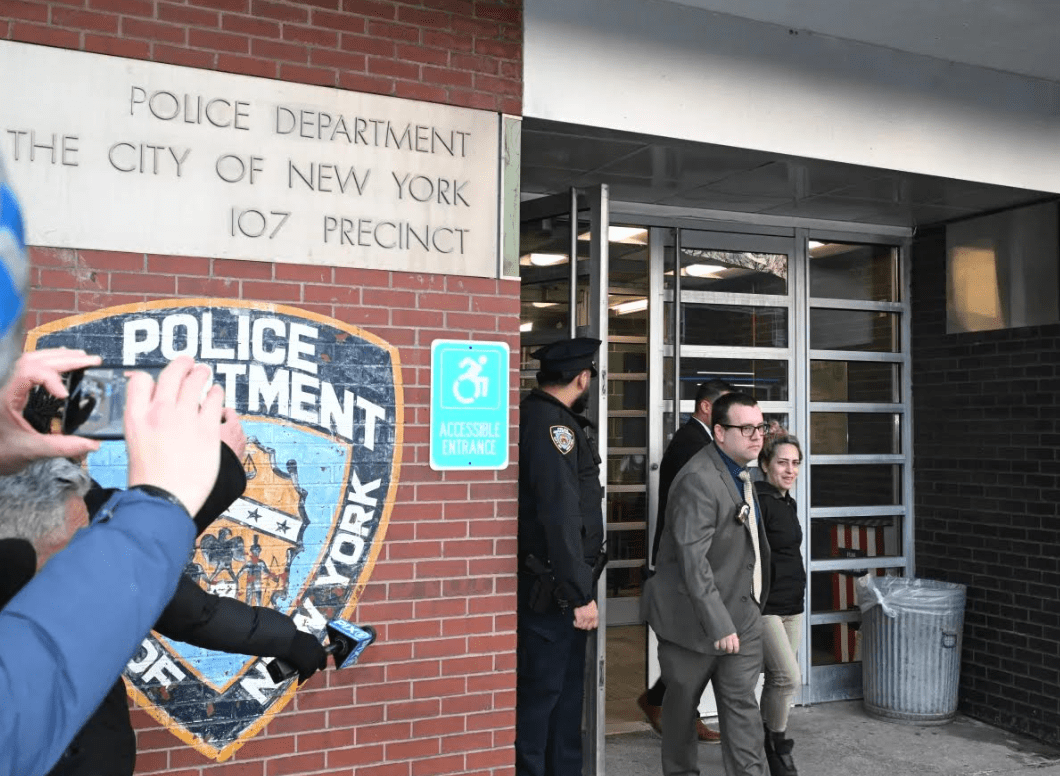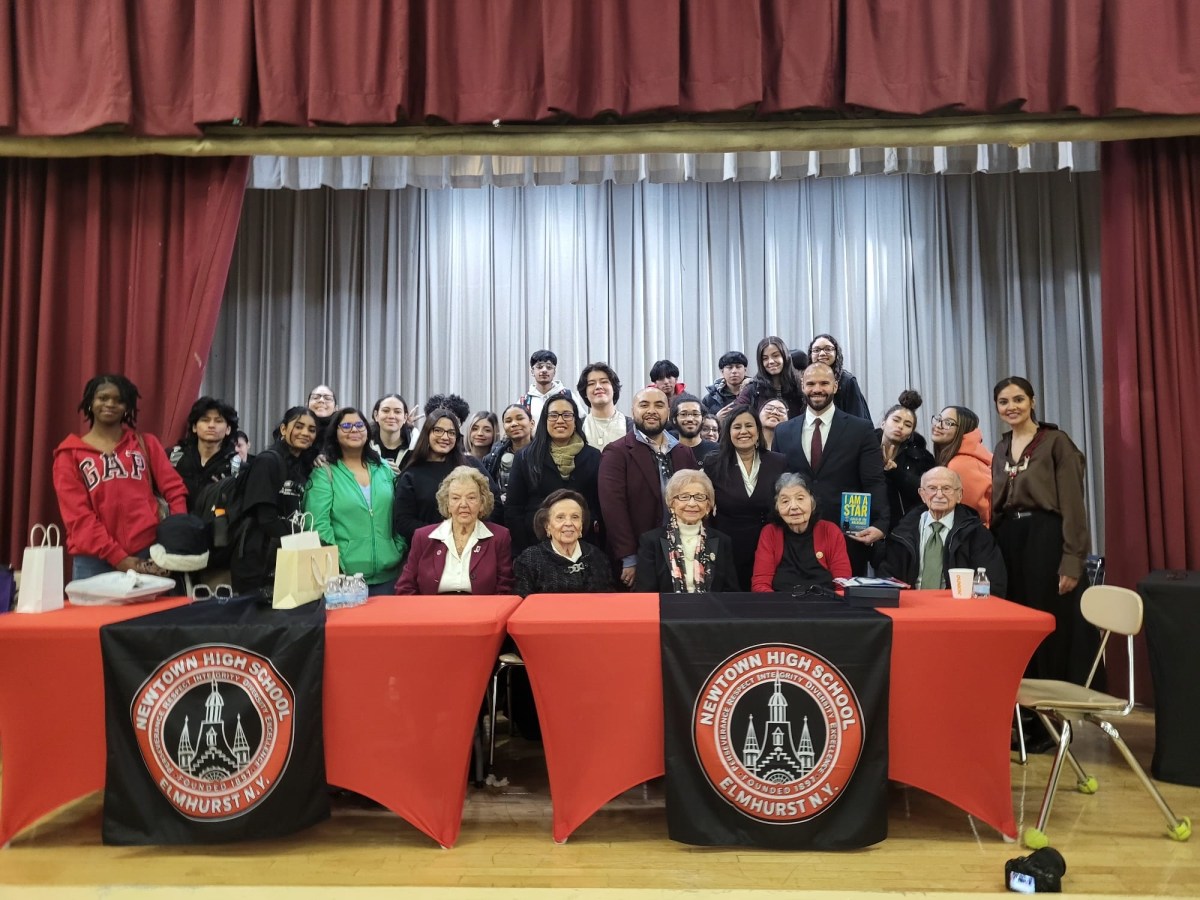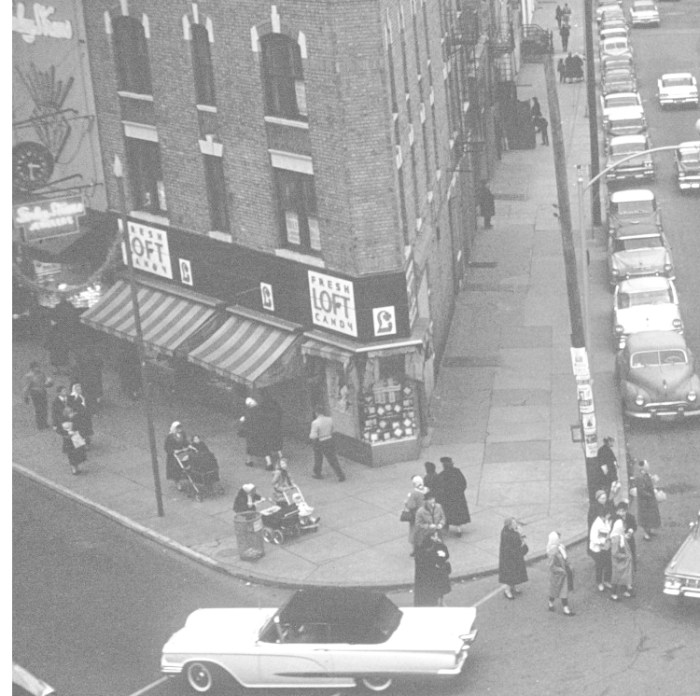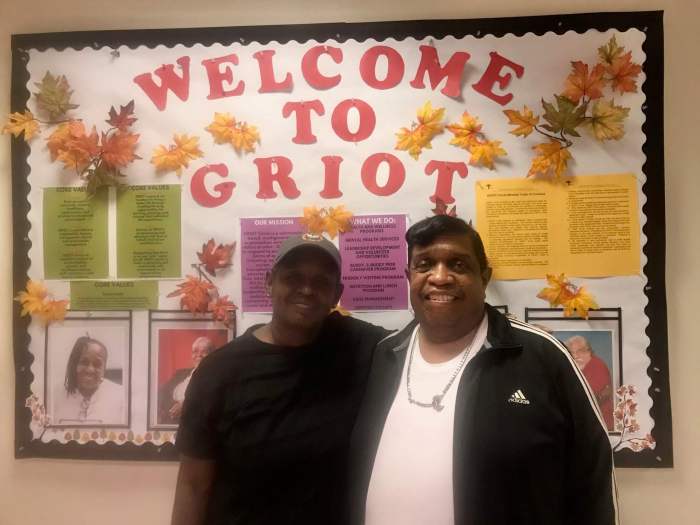By CHRISTOPHER BYRNE
A PBS documentary about Broadway musicals over-generalizes, omitting a wealth of detail
For those who know little or nothing about musicals, a quintessentially American entertainment form, “Broadway: The American Musical,” a consistently entertaining documentary currently on PBS, is a suitable primer, but one that might not impress those with more entertainment knowledge, particularly considering the glaring gaps in coverage.
Overall, though, clips of such moments as William Tabbert’s audition of “Carefully Taught” from “South Pacific” are so rare that they command complete attention.
The documentary’s approach is as rosy as the most clichéd lyrics in a popular musical. Hosted by Julie Andrews, there are few jarring notes in the entire production, and while the film touches on events like the Great Depression and two world wars, the tone is resolutely upbeat. All of the material is benign enough for children’s viewing, and at times that sugar coating cloys. Cole Porter’s homosexuality, for example, is mentioned just so briefly, while Lorenz Hart’s alcoholism, depression and closeted life, which, as much as anything, destroyed his relationship with the equally depressed Richard Rodgers, is completely ignored, abnegating an exploration of how these issues figured so formatively in this duo’s uniquely ironic romantic lyrics.
In fact, the distinct role gays have played in shaping the musical is never addressed, except for patronizing references during the “La Cage aux Folles” segment. In a film of this length, it is understood that credit will be thinly spread, but to deny gay influence except in the most broadly obvious way—the impact of AIDS on the theater community—is to willfully ignore an influence as fundamental as financial conditions or historical events.
The strongest and most compelling segment, most likely unintended, is the bittersweet chronicle of the Broadway musical’s declining appeal. Even in 1968, past the musical’s nadir, a show like “Hair” provoked national debate. At times, Broadway songs topped the popular music charts, like the original cast album for “My Fair Lady” which was on the charts longer than any Beatles’ album. There is the controversy surrounding “Carefully Taught” and the miscegenation scene in “Showboat,” and a sense that producers and writers sometimes tackled controversy at the risk of raising the public’s hackles. Live performances, such as Ethel Waters singing Irving Berlin’s “Suppertime,” it is true, carried authentic immediacy before film and television began to dominate entertainment.
The end of the series leaves us with a vision of Broadway not as an artistic innovator but as an exclusively commercial enterprise. The final episode, which feels like a commercial for “Wicked” and a Disney celebration, showcases big machine shows such as “Phantom of the Opera,” “Les Misérables” and “The Lion King,” suggesting that box office sales, rather than creative expression, defines Broadway today as a tourist destination. Like the Tony Awards broadcast, the show ends as a plea that could have been staged by the tourist board rather than an insight into the future of the form.
So, while it’s nostalgic to revisit much of the information in “Broadway: The American Musical,” the film falls prey to the subjectivity to which documentaries typically succumb. Stephen Sondheim completely overshadows Jerry Herman. Kander and Ebb are virtually ignored, and there is no mention of Cy Coleman, Jule Styne, Maury Yeston, Charles Strouse, Martin Charnin or P.G. Wodehouse. Nor is there any mention of new, young composers like Jason Robert Brown, Adam Guetel or Michael John LaChiusa or any of the new voices trying to say something new within what generally is a careful and risk-averse medium.
There are legions of us who grew up playing Broadway albums, our ears glued to the phonograph. We have immersed ourselves in the minutiae of the musical form, read the biographies and insider accounts. Why? Because something spoke to us and engaged us out of what we heard and later saw. We remember our first Broadway shows, where we sat in which theaters for what life-changing show, and we have decades-old stacks of Playbills. Granted, we’re an idiosyncratic bunch, like “Star Trek” conventioneers, and we know we’re not the intended audience for this documentary.
This is mass-market fodder, and as such is quite good. There is nothing like it out there, so enjoy it. Just don’t think it’s the entire story.
WWW Downtown Express



































